
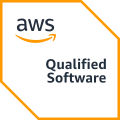
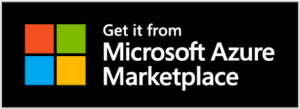
Fast. Secure. Scalable.
Deploy Production-Ready Cloud Security in Minutes
Skip the 4-hour setup – Deploy enterprise security tools in 5 minutes with free trials on AWS and Azure
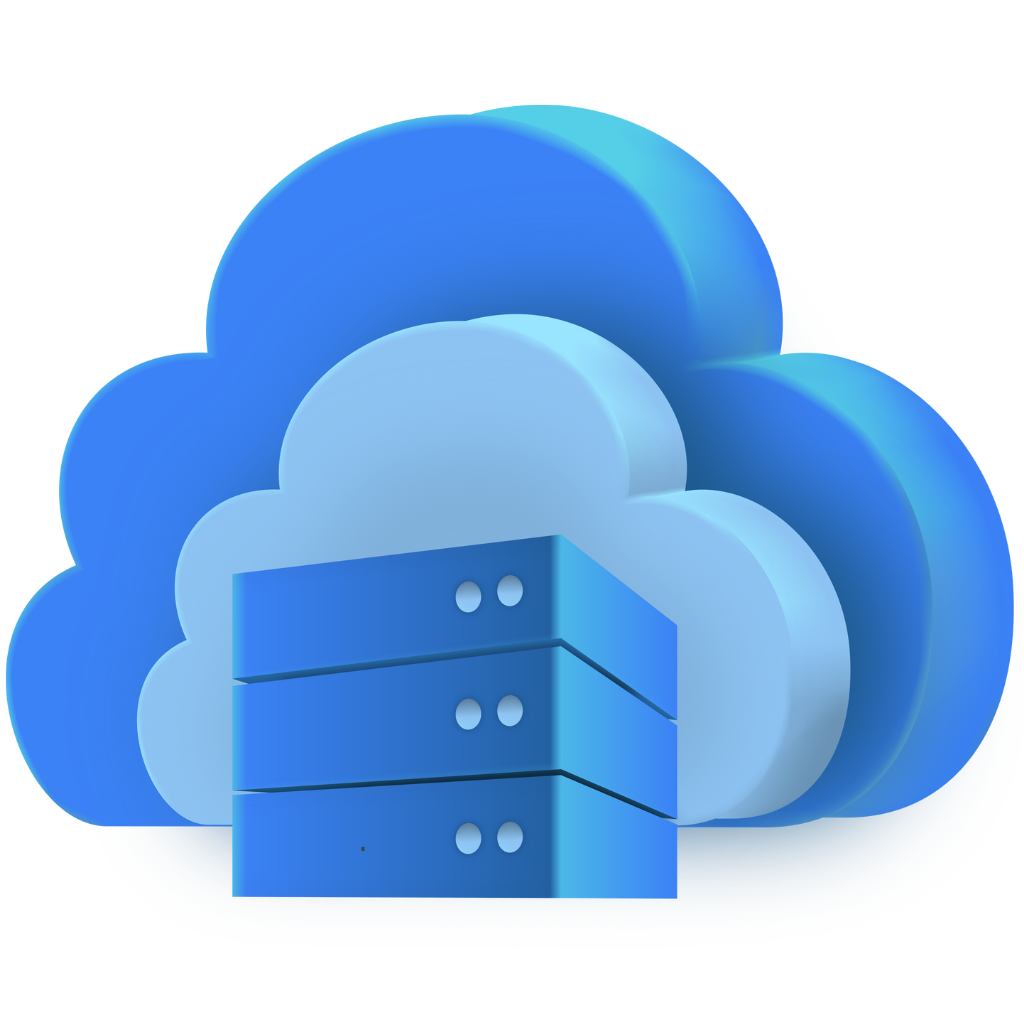
✅
Free Trial Available
⚡
Deploy in 5 Minutes
💰
Starting at $0.18/hour
🚀
Minimal Setup Required
Trusted by 384+ security professionals




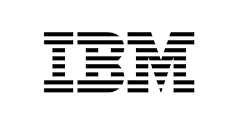












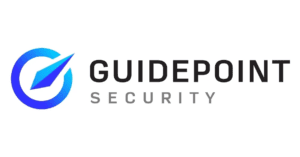










Deployed 105,000+ hours in 2025
Our software is easy to use, dependable and comes fully supported by Hailbytes.

Weekly Cloud Security Insights + Exclusive AWS/Azure Tips
(You can unsubscribe at any time)
Cybersecurity News
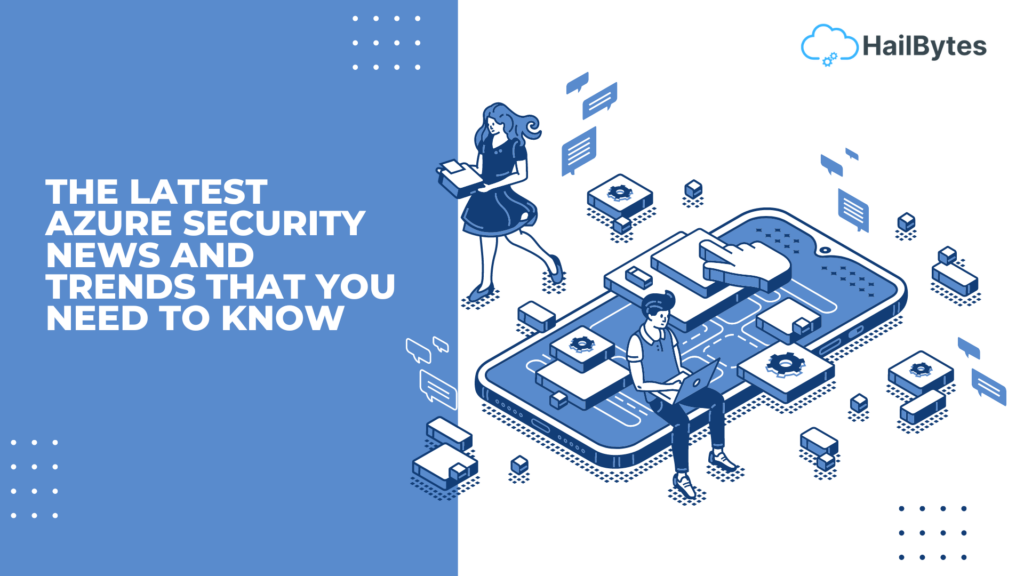
The Latest Azure Security News and Trends that You Need to know
The Latest Azure Security News and Trends that You Need to Know Introduction Microsoft Azure is one of the most popular cloud computing platforms in the world. This makes it a big target for hackers. In recent months, there have been a number of high-profile Azure security breaches. These breaches
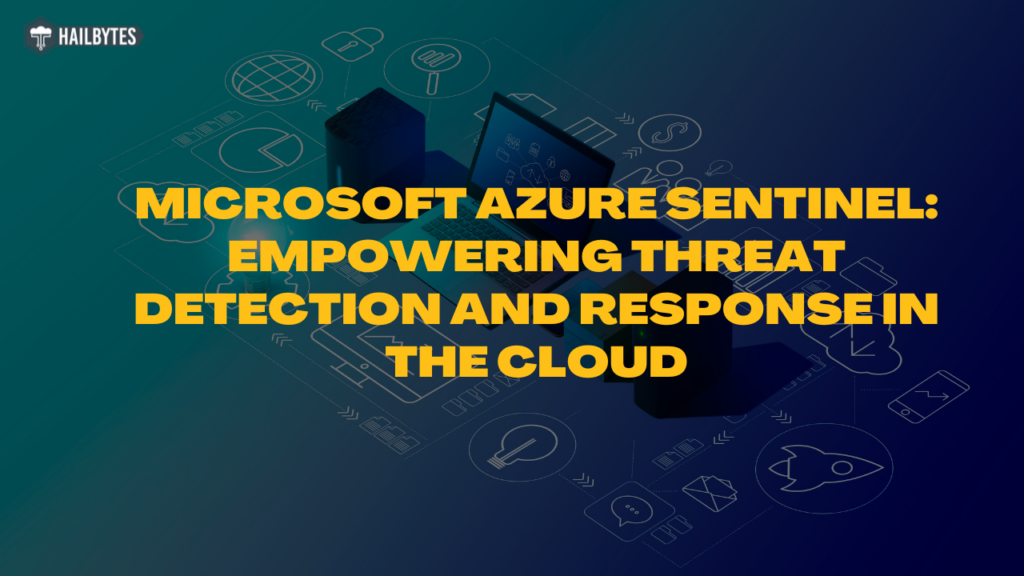
Microsoft Azure Sentinel: Empowering Threat Detection and Response in the Cloud
Microsoft Azure Sentinel: Empowering Threat Detection and Response in the Cloud Introduction Microsoft Azure Sentinel is a cloud-native security information and event management (SIEM) and security orchestration, automation, and response (SOAR) solution. It helps organizations to collect, analyze, and act on security telemetry from a variety of sources, including Azure,
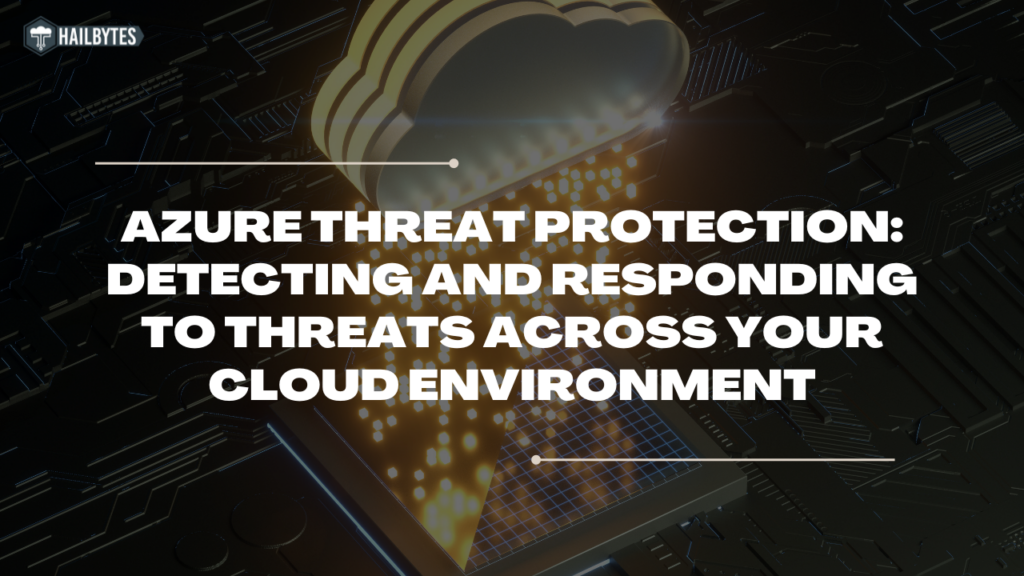
Azure Threat Protection: Detecting and Responding to Threats Across Your Cloud Environment
Azure Threat Protection: Detecting and Responding to Threats Across Your Cloud Environment Introduction Robust threat detection and response capabilities are crucial in the rapidly advancing cloud landscape. Azure Threat Protection, Microsoft’s comprehensive security solution, equips organizations with powerful tools to identify and mitigate such threats across their cloud environment.
